Democracy
Tunisian and Lebanese Civil Society Unite for Democracy
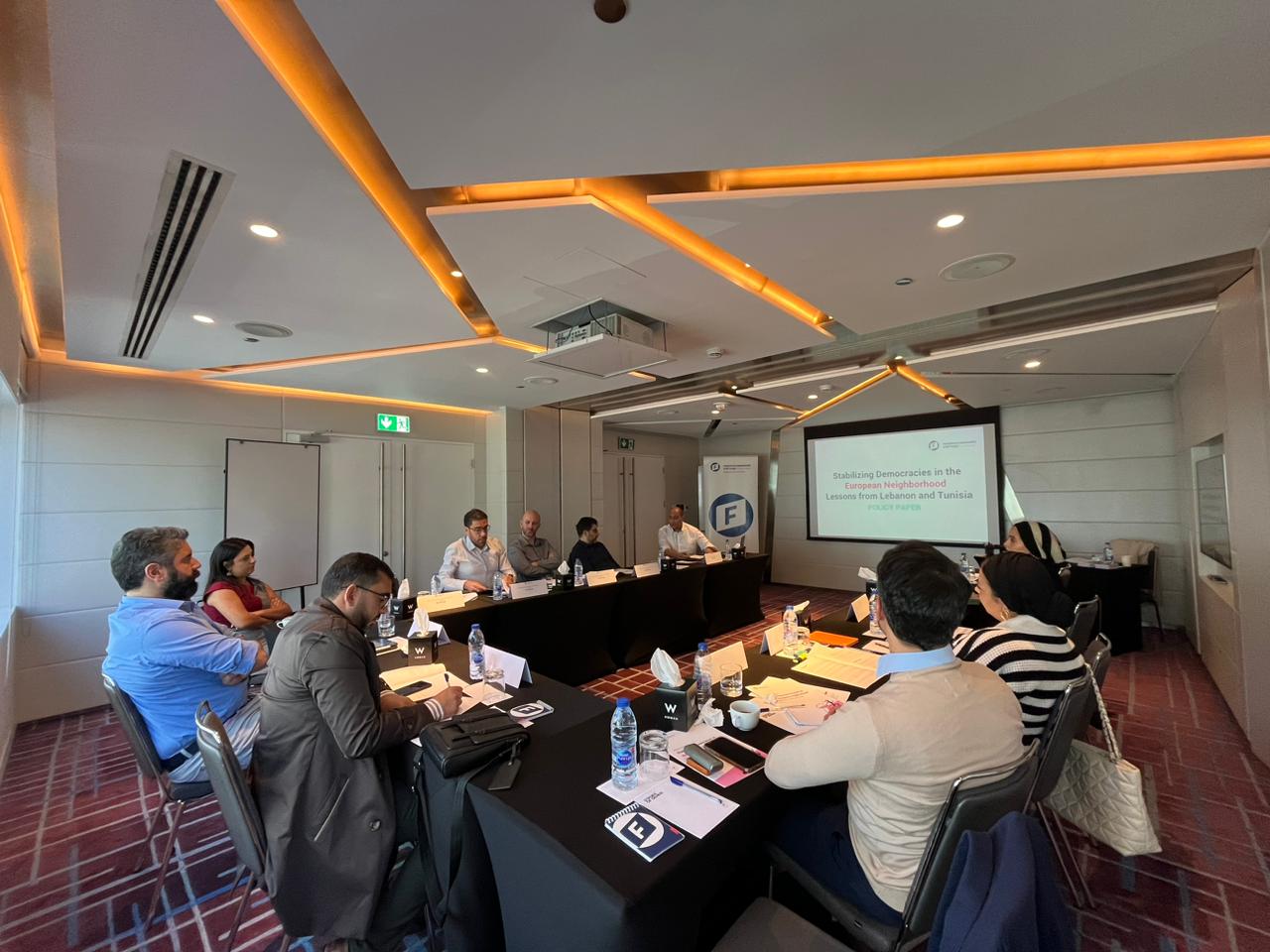
In a region where democracy faces relentless trials, an unprecedented dialogue between Tunisian and Lebanese civil society actors has sparked hope for resilience and progress. Hosted by the Friedrich Naumann Foundation for Freedom (FNF) in Amman, Jordan, the event, titled Building Bridges: Tunisian-Lebanese Civil Society Dialogue on Democracy and Active Citizenship, was a testament to the power of collaboration in the face of adversity.
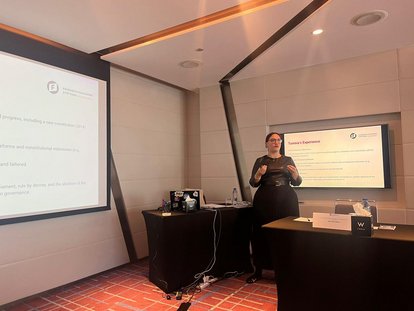
Two Nations, Shared Struggles
Tunisia and Lebanon, though distinct in their histories, share common challenges on their democratic journeys. Tunisia, hailed as a success story after the 2011 Arab Spring, now battles economic stagnation and creeping authoritarianism under President Kais Saied. Lebanon, entrenched in political gridlock and economic collapse, faces a crisis of confidence in its institutions.
Despite these challenges, the event brought together activists, political actors, and thought leaders who are determined to chart a new path. The goal was clear: to exchange knowledge, share lessons learnt, and identify opportunities for cooperation that can stabilise democratic processes in both nations.
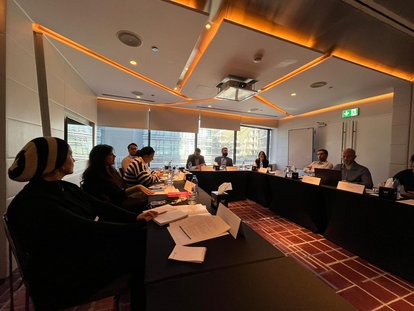
A Collaborative Agenda
Over four days, participants engaged in dynamic sessions designed to address the most pressing democratic issues:
-
Policy Insights: Discussions centred on the recently published policy paper, Stabilising Democracies in the European Neighbourhood: Lessons from Lebanon and Tunisia. Written by democracy expert Marina El Khoury, the paper highlighted shared challenges such as economic crises, democratic backsliding, and the rise of populism, while offering actionable recommendations.
-
Challenges and Opportunities: Open discussions delved into the obstacles hindering democratic progress, including economic hardships and governance failures. Participants also explored innovative approaches to bolster civic engagement and accountability.
-
Advocacy and Networking: The event emphasised the need for robust advocacy strategies and the importance of fostering networks amongst democratic actors. These connections are crucial for maintaining momentum and building long-term resilience.
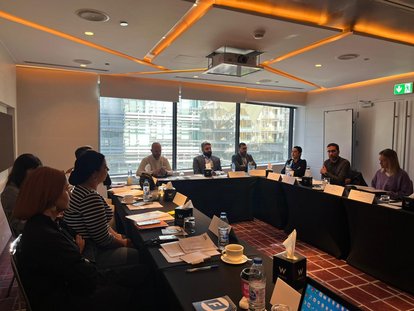
Voices of Change
The dialogue was a rich tapestry of perspectives. Participants like Ines Jaibi from Tunisia and Camille Mourani from Lebanon shared their experiences, underlining the importance of civil society in bridging divides. “We’re not just talking about ideas; we’re building a roadmap for action,” said Mourani, highlighting the practical outcomes of the discussions.
The presence of diverse actors, from human rights advocates to political activists, added depth to the conversation. Whether it was dissecting the economic roots of political instability or sharing best practices for fostering active citizenship, the discussions resonated with a common theme: democracy requires unwavering commitment, even in the darkest times.
A Path Forward
The event concluded with a call for continued collaboration. Participants outlined concrete steps to sustain dialogue, support grass roots initiatives, and advocate for policy changes that align with democratic principles.
As one participant noted, “Frustration is not destiny.” The words of the late Lebanese journalist Samir Kassir echoed throughout the sessions, inspiring a renewed sense of purpose amongst attendees.
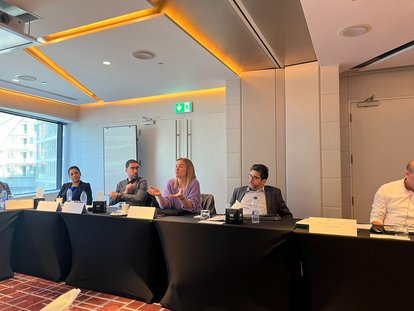
A Hopeful Outlook
In a world increasingly characterised by political polarisation and economic inequality, the Tunisian-Lebanese dialogue serves as a reminder of the enduring power of unity. By learning from each other’s struggles and successes, these two nations are setting an example for the region and beyond.
As the Friedrich Naumann Foundation for Freedom continues to support initiatives like this, the message is clear: democracy may falter, but with collaboration and resilience, it can endure.
[Stay tuned for updates on this initiative and other efforts to promote democracy and freedom worldwide.]
